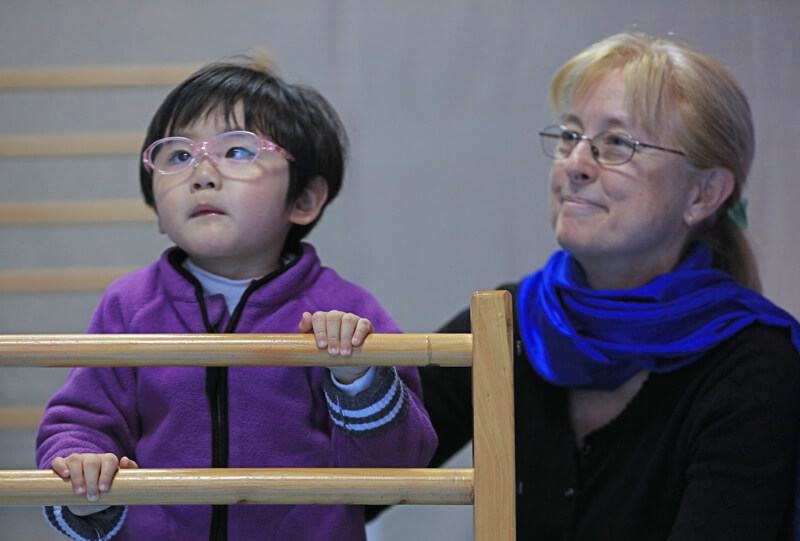Search
Showing results for "rett"
Research
Trends in the diagnosis of Rett syndrome in AustraliaModifications to diagnostic criteria and introduction of genetic testing have likely affected the pattern and timing of Rett syndrome diagnosis...
Research
Clinical and biological progress over 50 years in Rett syndromeReview of the clinical and biological progress over 50 years in Rett Syndrome
Research
Measurement of Sedentary Behaviors or "downtime" in Rett SyndromeThis study aimed to validate measures of sedentary time in individuals with Rett syndrome.

News & Events
Research enriching the lives of girls with Rett syndromeA program developed by The Kids Research Institute Australia researcher Dr Jenny Downs has led to dramatic improvements in the functioning of Chinese children with Rett syndrome, and could change the world.
Research
Rett Syndrome Behaviour Questionnaire: Variability of Scores and Related FactorsRett syndrome (RTT) is a severe neurodevelopmental disorder affecting predominantly females and associated with variants in the MECP2 gene. Recent success in clinical trials have resulted in an expanded use of the Rett Syndrome Behaviour Questionnaire (RSBQ) for clinical and research purposes.
Research
Linking MECP2 and pain sensitivity: the example of Rett syndromeThis study investigated the nature and prevalence of atypical pain responses in Rett syndrome and their relationships with specific MECP2 mutations.
Research
Feeding experiences and growth status in a Rett syndrome populationFeeding difficulties in Rett syndrome are complex and multifactorial. In this study, we describe the feeding experiences in Rett syndrome and examine the...
Research
Correlation between clinical severity in patients with Rett syndromeRett syndrome (RTT) is an X-linked dominant neurodevelopmental disorder that is usually associated with mutations in the MECP2 gene.
Research
Rett syndrome in Australia: a review of the epidemiologyTo examine the prevalence, cumulative incidence, and survival in an Australian cohort with Rett syndrome (RTT).
We set out to describe the feeding difficulties and nutrition of girls with Rett syndrome and to examine what factors may be influencing their nutrition.
